How has the past year shaped you and your art?
When it first started, I really thought that my arts career was over, that I was never going to work again, that everything I worked for was gone. ... It felt like I exploded. Then slowly, all the parts that were truly me came back together and all the excess fell off — or I’m still trying to scrape off things that don’t serve me.
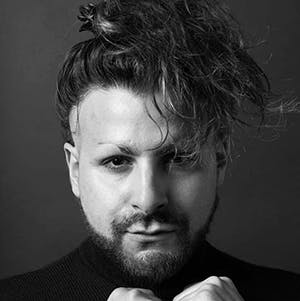
Pedro Pablo, dancer
Trying to find a steady footing in a world that’s shifting and changing all the time is like surfing — we have to ride the wave. And if we get tossed, we come back up for air, get back on the surfboard and ride the wave as best we can. What else can we do?
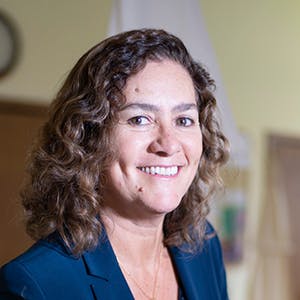
Marcela Lorca, artistic director, of Ten Thousand Things Theater
Most of us in the arts are feeling great unease these days, to put it mildly. But that’s not just because we’ve lost a year’s worth of salaries and/or because we’re now not sure if our next contract is going to be canceled. It’s also because we don’t know what’s next with our art forms, what should be next. How do we substantially embrace cultures that have been ignored? How do we address the peril in which we find our democracy? How do we confront viewpoints and actions that are antithetical to our belief systems? The phrase that’s bandied about is “Let’s return to normal.” But I don’t think “normal” is going to cut it anymore. Maintaining the status quo now seems outdated, irrelevant, oblivious, even disrespectful. … I’m trying to embrace the chaos, make friends with the uncertainty, and welcome the arts world that next emerges.
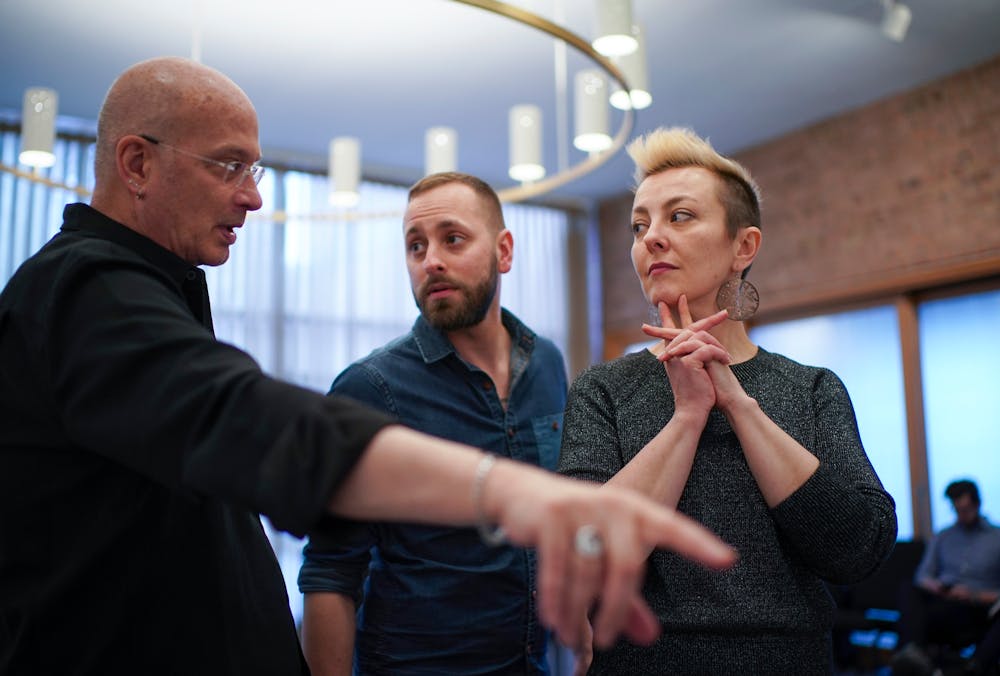
Bob Neu, Skylark Opera artistic director

Director Bob Neu offered guidance to KrisAnne Weiss and Justin Spenner were for a second act scene in their production of Mozart's "Cosi fan tutte" in 2019. Photo by Jeff Wheeler, Star Tribune.
As residents of Minneapolis in the wake of an uprising, we saw what it means to come together and to protect members of the community. This undoubtedly seeped into our writing process. We exercised how to be more collaborative and loving in our approach to music. This, of course, took a lot of hard work, but we trust each other more now than ever.
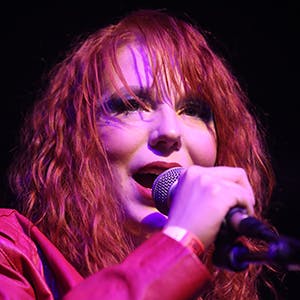
Kathy Callahan, singer/guitarist in rock trio Gully Boys
I was fortunate to be a part of the Black Arts Movement, which was the cultural component of the Civil Rights and Black Power movements of the 1960s and ’70s. ... Inspired by a passionate and loving vision for a just country and world, I believe that we are at the beginning of another Black cultural and social movement. The artists who are birthing this movement will name it, claim it and carry it forward.

Seitu Jones, artist
Between George Floyd, Trump, COVID and the international reparations movement, Sounds of Blackness’ roots in protest music had to emerge front and center. In the words of the great Paul Robeson, “All true artists have a responsibility to their people.” Radio wanted Sounds of Blackness to sing a happy song. But movements need anthems.
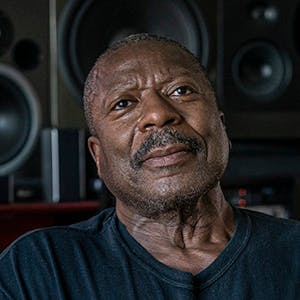
Gary Hines, founder of Sounds of Blackness
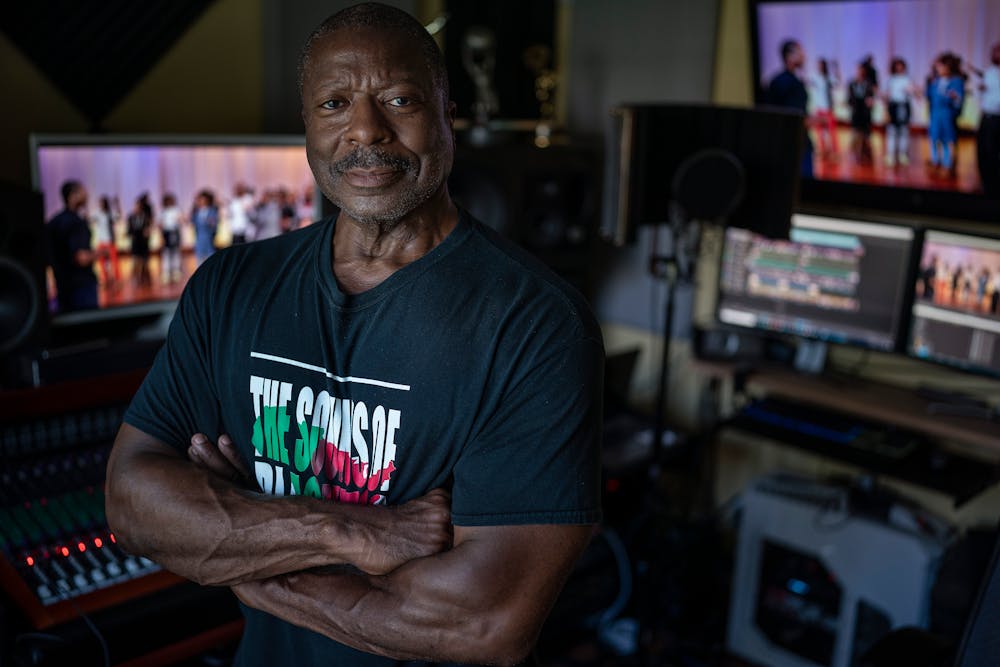
Portait of Gary Hines at Atomic K Studio. Photo by Jerry Holt, Star Tribune.
I’m lucky that I have a studio, that I could escape out of a house and be here by myself and create new things and just work out and get the frustrations out. Percussive dance is good for that. Just pound that anxiety out. ... We’ve made new friends in different kinds of ways through Zoom, through streaming, and now we’re ready to go into the theater. But I think the understanding is that the audience is not going to be same.
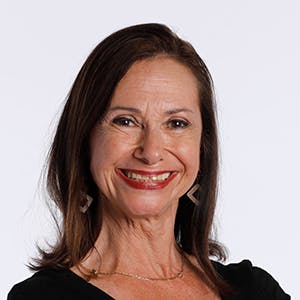
Susana di Palma, founder of Zorongo Flamenco Dance Theatre
During the pandemic I threw myself into work. I had a 9-to-5 writing routine, a total escape into a world with witches, demons, fairies, adventurers and mercenaries. And no matter how dark the world turned out to be, it still felt brighter than the one I returned to as soon as I closed the laptop.
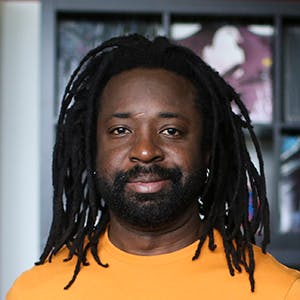
Marlon James, author
The past year has taught me the importance of rest. I needed to step back but didn’t know it, and despite the stress of COVID and the artist economy, I’ve been delighted to have a break from the music scene as it were, focusing more on songwriting and production as well as visual art.

Haley, singer/songwriter
Early in the pandemic I started working from home. I now spend more time outdoors with our dogs, and a lot of what I wrote last year was inspired by things we saw as we walked around Como Park. ... I also have more time in my day and a more flexible schedule. I’ve tried to use that time for unstructured play at my writing desk. I try to write with no goal or objective beyond having fun.
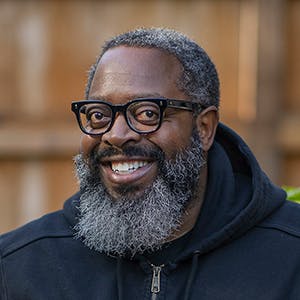
Michael Kleber-Diggs, poet and essayist
It’s been a paradox. On one hand, I feel the importance of the role theater plays in society more acutely than ever. The way it unites disparate people in a shared visceral experience, bypassing logic and arguments to evoke empathy for the human condition. I feel the loss of that very strongly, and see it reflected in the way society seems to be fracturing as we all retreat to our private screens and lose a sense of shared reality. On the other hand, I find myself resisting a return to live performance. This time away from theater has highlighted how little agency and control I had over my career as an actor, and inspired me to channel my creative energy in new directions (mostly writing). ... I believe I will return to the stage, but it will be on my own terms, when there are stories I feel passionate about telling.
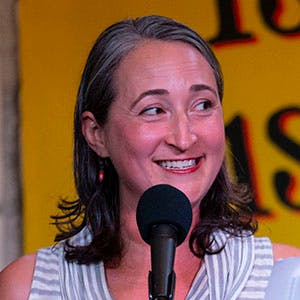
Mo Perry, actor and writer
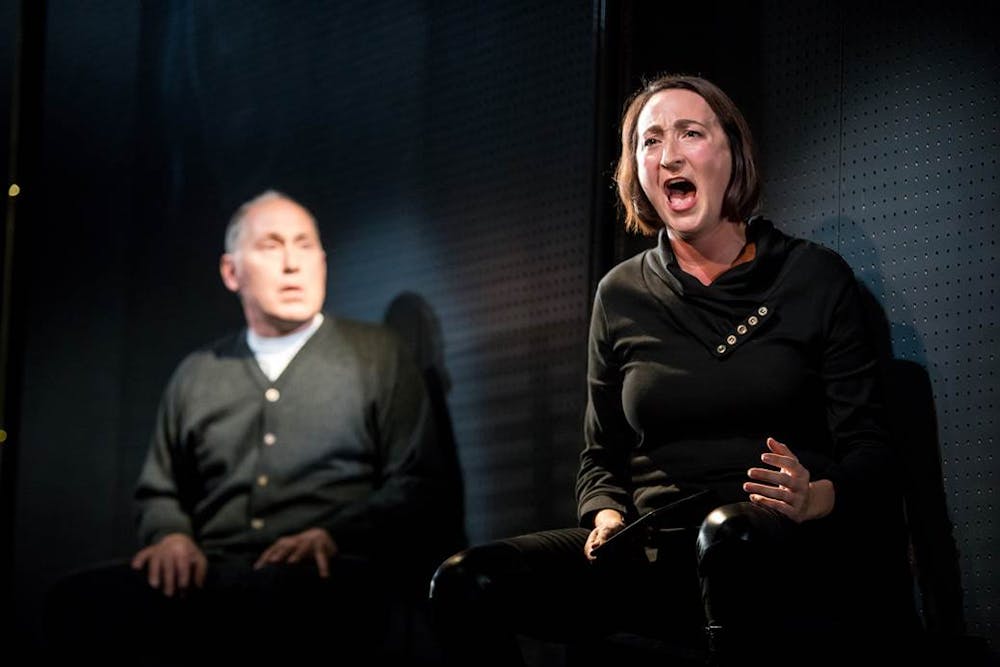
Mo Perry, right, performs at the Jungle Theater. Photo by Dan Norman.
There can be no question now that our cultural expression through art is essential. The computer screen facilitated meetings and chats, but the radio, porch concerts, recordings: All of these facilitated the need to feel something, to empathize.
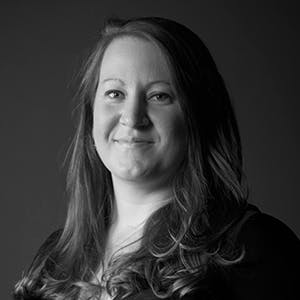
Clara Osowski, mezzo-soprano
I know a lot of artists that have tried to tune out the news for mental health and therapeutic reasons, but I’m such a masochist that if anything I leaned more into tackling current events and topical material. To me the therapy comes from taking the issues head on in my act and trying to find something funny about it.
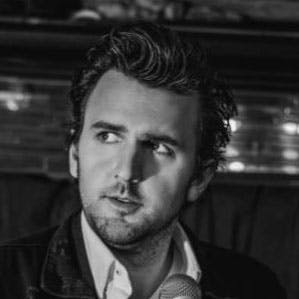
Robert Baril, comedian
Witnessing the advancing effects of climate change — wildfires, severe weather, floods, etc. — has impacted me more than anything else in the past year. It’s driven me to include even more powerful messages about the reality of the situation in my art. As someone who tells stories about the world of tomorrow, it’s hard to imagine any positive outcome if we don’t take immediate action.
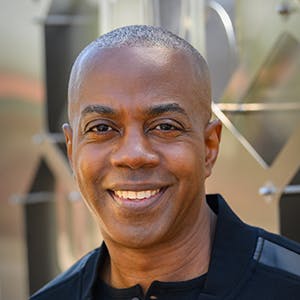
Jeffrey Morris, filmmaker
The events of the past year will surely manifest themselves in my writing as threads that, singly, might not tell the story; yet as they are interwoven they are integral to the tapestry that is the poem, essay or book. Lockdowns, sickness, vaccines, masks, hand sanitizer, shortages, panic buying, revelations of human selfishness, generosity, caution and kindness.
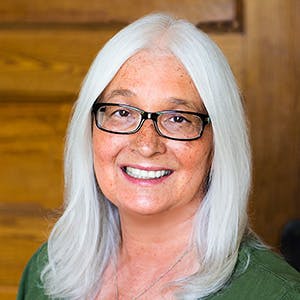
Linda LeGarde Grover, poet, memoirist and fiction writer
Three years ago, I moved to the family farm in Pierce County, Wis., started by my grandparents in 1946. I’ve experienced the past year of pandemic, the murder of George Floyd, social unrest and the movement towards racial justice, a divisive election, and the deepening experience of climate change from this fairly isolated rural place, cut off from my band and the experience of live performance. … I responded to this pain, fear and grief by disappearing into my fields, where I dug into the land and created an organic vegetable farm in collaboration with my 78-year-old father. I embraced my rural life and, in the process, discovered a new sonic palette and another social lens through which to take in the world.
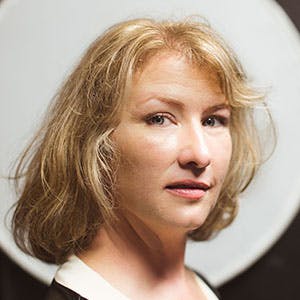
Heather Barringer, percussionist and artistic co-director of Zeitgeist
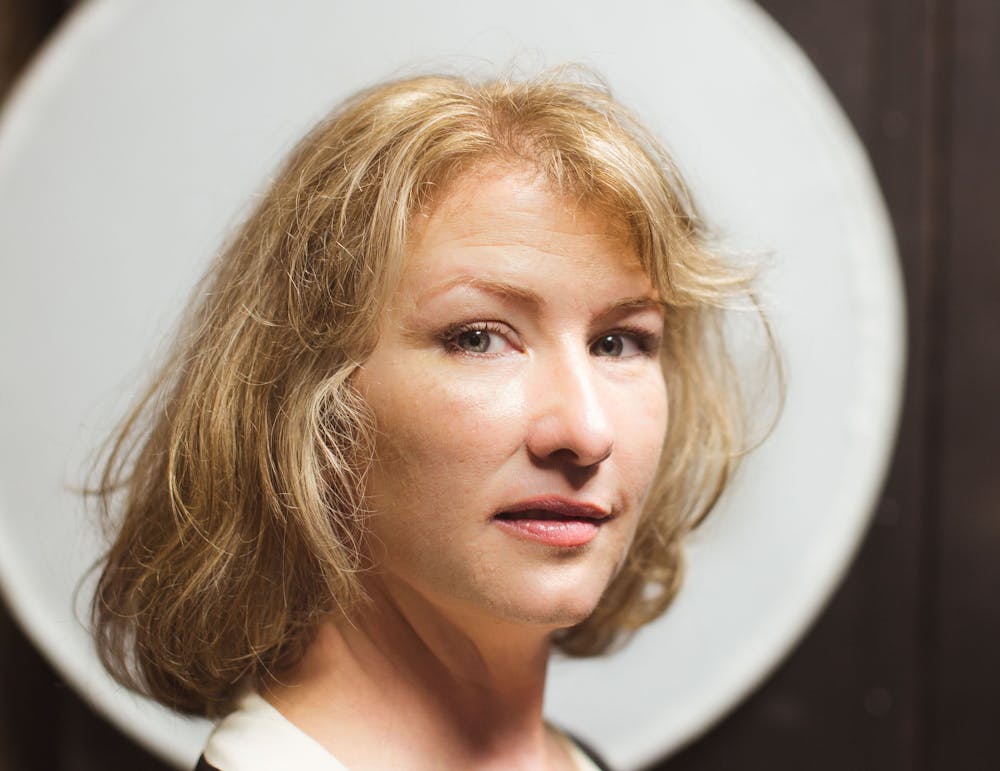
Heather Barringer, percussionist and artistic co-director of Zeitgeist. Provided photo.
How has it changed your artistic community?
We just experienced a big earthquake, our foundation has been shifted. We are still experiencing the aftershake. Although the rebuilding has started, we probably will not be the same as before. ... The only thing we all learn is how little control we have with the big picture.
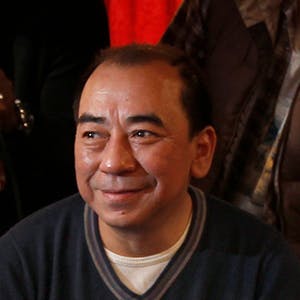
Louis Lee, owner, Acme Comedy Co.
The community has been depleted. I know so many people who have left the field, either out of the necessity of having to make a living some other way, or feeling a need to more directly address the problems our city/country/world is facing, or being too beaten up by being made to feel that their talents are unnecessary and unappreciated.
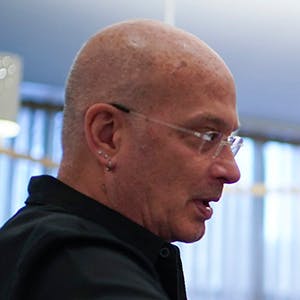
Bob Neu
A lot of people in the field did a lot to serve the community at large during moments of crisis. They replaced municipal services, and that’s the thing I’m most proud of. Our theatrical community showed the value of theater in a real moment, and the skills we have — to communicate, organize, make [stuff] happen.
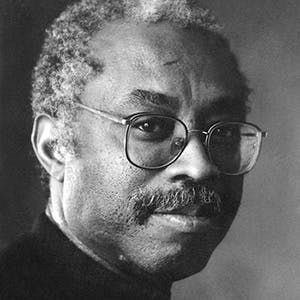
Carlyle Brown, playwright/theater artist
The live entertainment business model has changed. Social media has been a large part of concert advertising for a long time. During the last year it also served as the main conduit for artists and promoters to communicate the changing show information quickly to concert patrons.
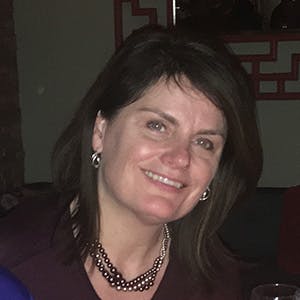
Catherine Swedberg, marketer for comedy, music, Disney and Broadway shows
Well, we haven’t been able to see each other. Recently, we’ve started to at least connect and talk about ideas. ... I think people feel disconnected.

Susana di Palma, founder of Zorongo Flamenco Dance Theatre
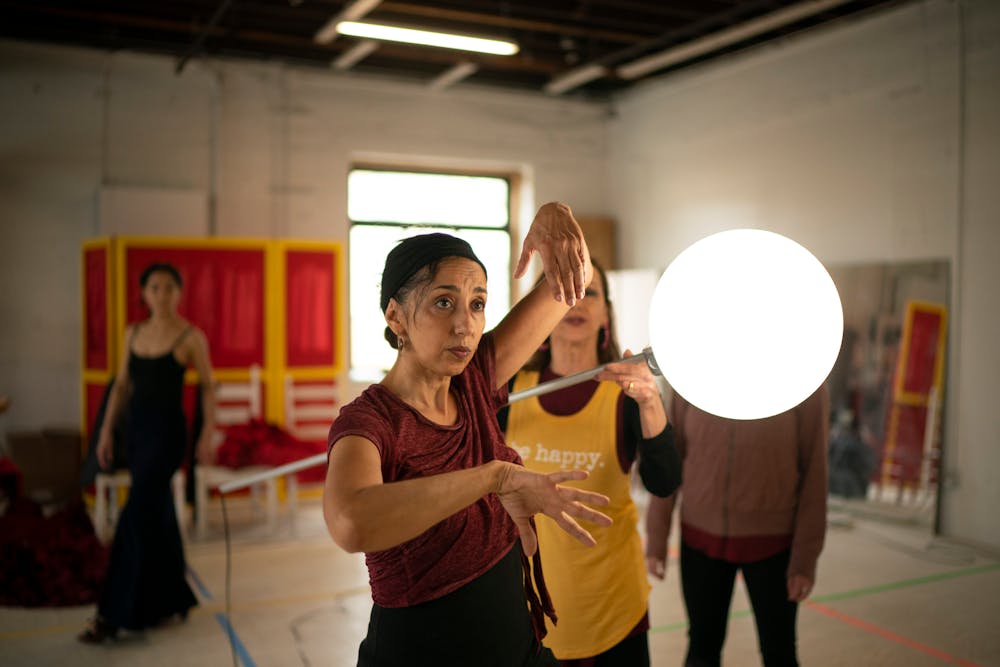
Susana di Palma held a globe lamp to represent the moon, illuminating Colette Illarde during rehearsal with her dancers in 2019. Photo by Jeff Wheeler, Star Tribune.
What I’ve felt deeply is how terribly much I’m missing a big part of my creative process: The air in the room. Being together, in person with musicians as we shape the air in the room/hall/auditorium with the music we are making. The way we play with the air, coax it, ride it, collaborate with it and let it envelop us in the moments of its infinite possibilities for tempo, dynamics, color, articulations, diction.
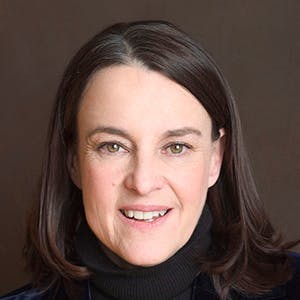
Libby Larsen, composer
The last year and a half has made me painfully aware that even though I’m a “solo” artist, nearly every part of making music is collaborative. In that sense COVID has been an absolute wrecking ball. I read once that “ideas are articulated by individuals but generated by communities,” and I’m still feeling the loss of in-person interactions and collaborations.

Jeremy Messersmith, singer/songwriter
What lessons can we take from this time?
Movement is life — literally. The particles, the cells, if they move, there’s life. If I’m not dancing, if I’m not moving, then that’s death.

Pedro Pablo
We lost so many businesses, restaurants and small retailers. I think it’s important for everyone to realize how fragile that community is. There has never been a time it’s more important to support them than right now, before we lose even more.
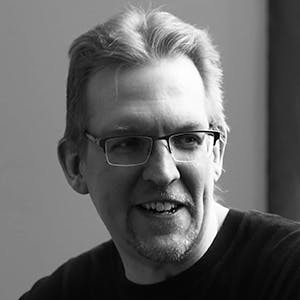
Nathan Block, owner of Woodbury 10
To continue having uncomfortable conversations, and continue our learning journeys about where we are and another’s cultures and histories.
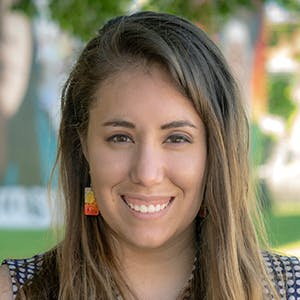
Alex Buffalohead, curator
I hope kindness and caring for others — truly caring for the greater good and not just lip service — returns to center stage. You can add to that the art of listening. ... Do we always walk away from the talk agreeing? Of course not, but I want them to know … I hear them.
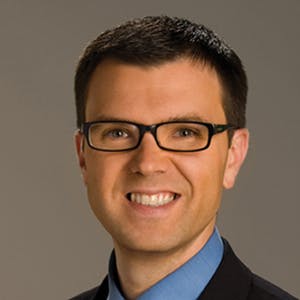
Jason Matheson, Fox-9’s “The Jason Show”
I participated in so many conversations about the need for artistic spaces that provide access to a wider range of people in our communities, and programs that include more diversity in representation of composers and performers. I hope that this rising trend to expand the possibilities — as it specifically relates to music, dance and drama based in Western European models — continues to become embedded into the DNA of a new, more integrated performance model.
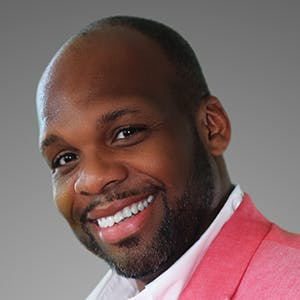
G. Phillip Shoultz III, associate artistic director of VocalEssence
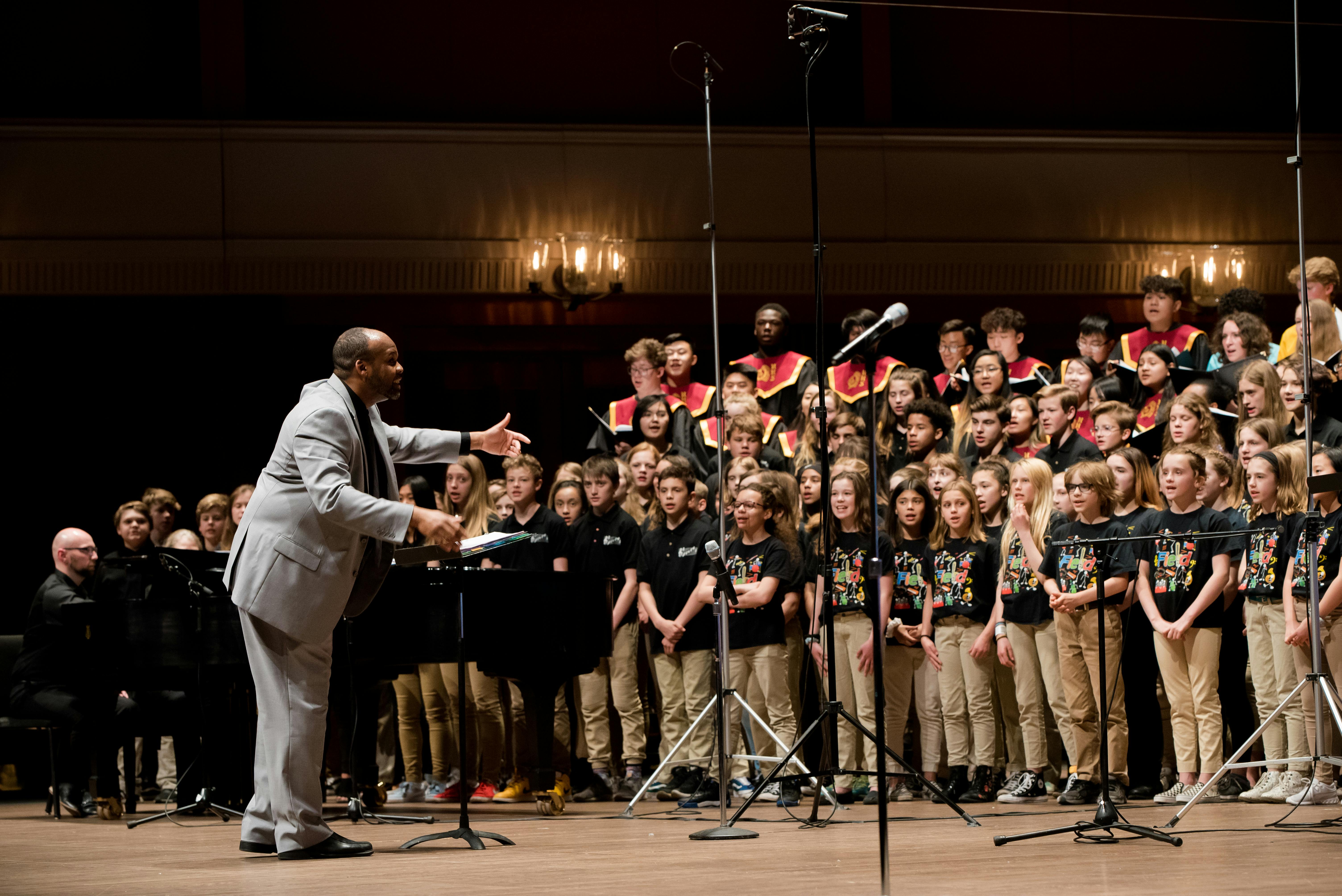
G. Phillip Shoultz III directs VocalEssence in 2019. Photo by Laura Alpizar.
It was impressive to see how people pivoted and figured out a way to adapt and survive. Artists and venues hooked up livestreams, nightclubs and restaurants remodeled for takeout and social distancing, etc.
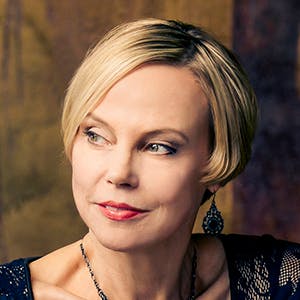
Connie Evingson, jazz singer
I learned how to use virtual platforms like Zoom and Google Meets. I became adept at creating videos out of my home. I learned to reshape presentations to be effective on a small screen. It was good to be stretched this way and to discover that I’m not too old to learn new things.
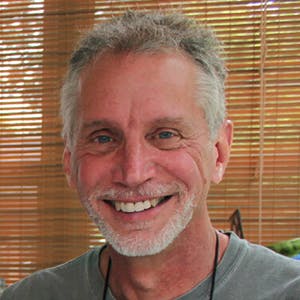
David LaRochelle, writer/illustrator
We managed to have a very successful virtual ’20-’21 season and had almost half a million visits to our online and on-demand concert library. We premiered eight works by a diverse group of composers, and it gave me great hope for what we can do coming out of the pandemic.
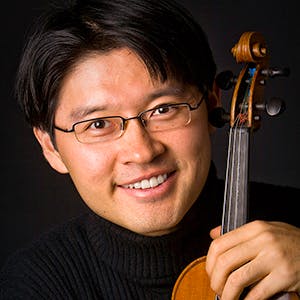
Kyu-Young Kim, artistic director/principal violin, St. Paul Chamber Orchestra
I don’t think any performing artist will ever take a live audience and the palpable energy they create for granted again.
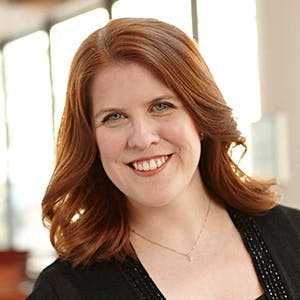
Erin Keefe, Minnesota Orchestra concertmaster
We learned that healing can come from the simplest of things: a home-cooked meal, a good night of rest and making sure those around you can experience these basic human rights. Fostering a community is what we want to strive for. That’s not to say that we’ll lose our spunk — we have plenty to rock about otherwise.

Kathy Callahan
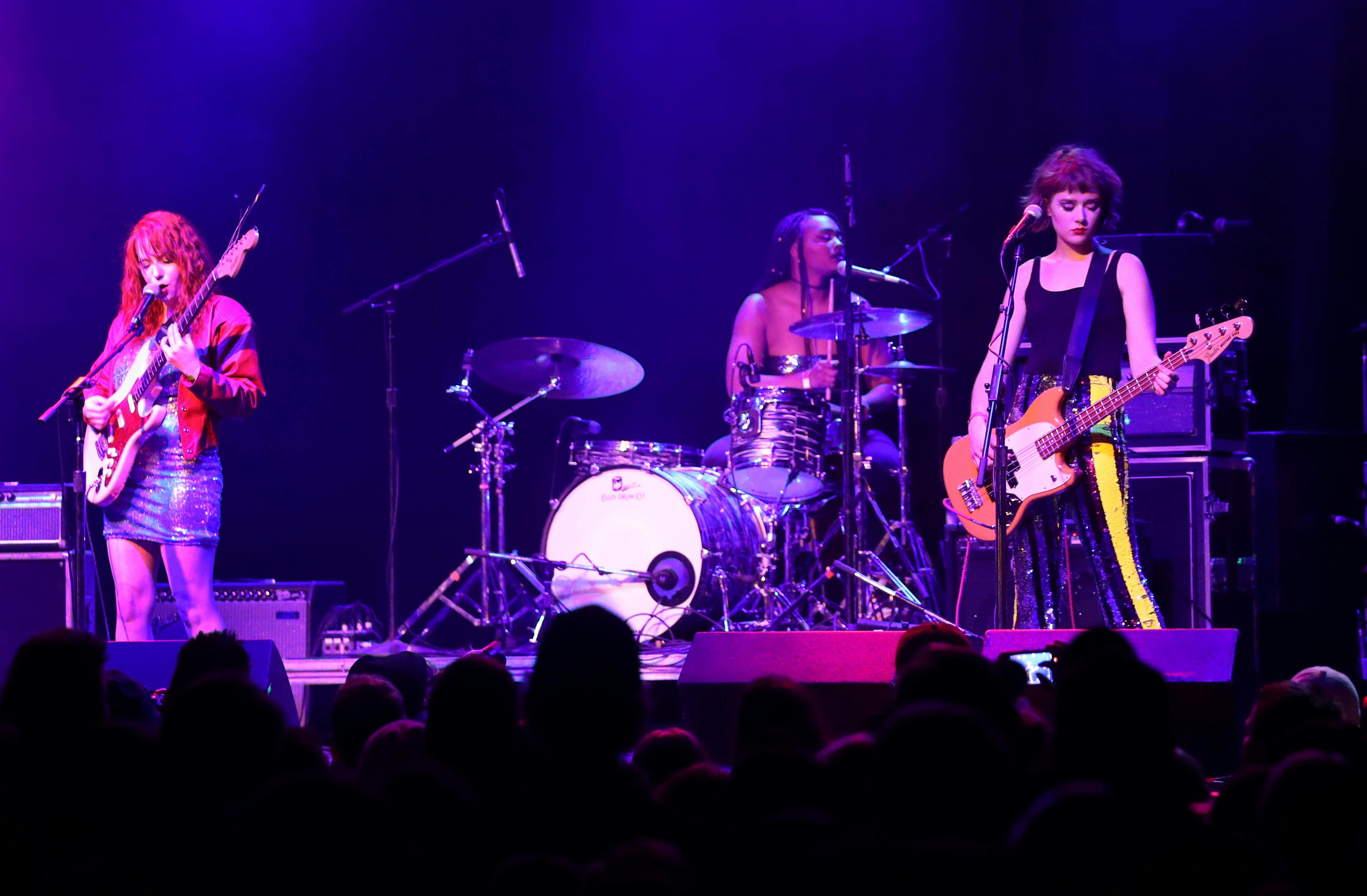
Kathy Callahan, left, performs in the band Gully Boys at First Ave's annual Best New Bands showcase in 2019. Photo by David Joles, Star Tribune.
We have to be better prepared to help people who work as gig/contract workers, who depend on live shows for their income.

Catherine Swedberg
I learned the difference between fearlessness and recklessness, and that core values mean more between us than things in common ever will. ... It was the saddest year of my life, but I wouldn’t go backward.
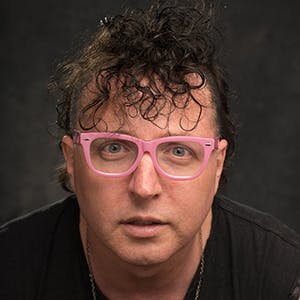
Mark Mallman, piano rocker
Back in October, I suffered a concussion which greatly affected my communication/memory/grammar. It was devastating to be 20 years old with my mind at 50% working capacity. Luckily, I learned the importance of listening to my body and my needs. ... Allowing myself to heal introduced a lot of opportunities into my life, which I’m extremely thankful for. Time is precious, and there is no point in wasting it on people who do not uplift and care about you.
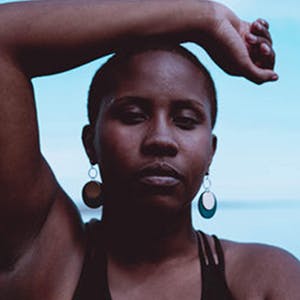
EVV, rising R&B/rock singer
Post-lockdown goals: Go see a week’s worth of Killers shows, knowing that sometimes it doesn’t matter if I’m working from Newport, Ky., instead of Minneapolis. Ignore most guest-list requests from non-music people. Don’t say “no” when friends ask me to skip out of work early to spend an evening hanging on a lake.
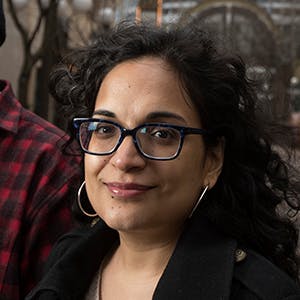
Sonia Grover, head talent buyer at First Avenue
Many of the greats within the Black arts & culture community are aligned on one thing: When creating, it is imperative that whatever we create is meaningful and nothing should be created if it carries no real significance to the artist or the world at large. ... I want my work to move people to action. I want my work to expose an aspect of a story they had never considered. I want my work to humanize those who have been dehumanized for centuries, including oneself.
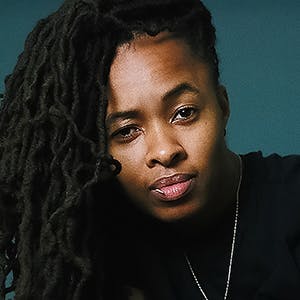
Tish Jones, director of TruArtSpeaks
Every day, I’m startled at how glorious it is to live on Earth. Hummingbirds come to my yard. I look at them and wonder how they are able to migrate thousands of miles fueled by only sugar water while I, a giant fueled by all sorts of food, have to remind myself to walk the dog.
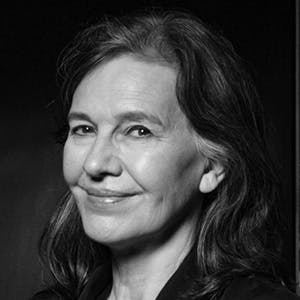
Louise Erdrich, writer
What do you hope never returns to ‘normal’?
The dangerous and pointlessly individualistic attitude that led to the spread of this virus in the first place. It’s funny, because while we may have had a terrible year, just about every animal not named human had a wonderful 2020. It would be a shame, honestly, to go back to the kind of world where we’re the only ones seemingly happy living in it.

Marlon James
So many organizations collaborated together during the pandemic. We as artists were so kind to each other. We shared ideas openly and assisted each other freely. ... I sure hope we never return to our siloed, egocentric, organization-first mentality.

G. Phillip Shoultz III
We saw during the lockdown how the planet was allowed time to heal because we humans stayed home. We need to radically change our behaviors not just because of a global pandemic but because our planet needs it for our survival. As Indigenous people, we operate with a mind-set of Mitakuye Owasin, which is a prayer for All My Relations. This includes plants, animals, the earth, the sky, and the water. If we treated these elements as we would a relative, we would be much kinder to Unci Maka. I hope that mentality becomes our new “normal” for our children’s sake.
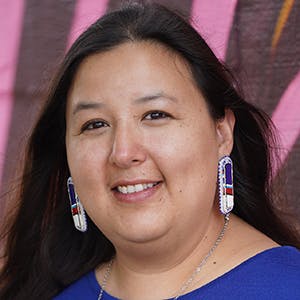
Angela Two Stars, artist
Superficial so-called colorblindness. See, appreciate, learn about, embrace and celebrate our differences instead of denying and downplaying them.

Gary Hines
I really love the musical block parties that have popped up all over. It’s such a treat to play for actual communities.

Jeremy Messersmith
I had a friend in Thailand who was able to tune in to my virtual book launch. Although everyone is suffering from Zoom fatigue at the moment, I hope that future in-person events will find ways of making these experiences available to everyone, no matter where they live, or whatever mobility restrictions they have.

David LaRochelle
The past year has given us a gift we have badly needed: the opportunity to become more aware and appreciative of other people’s struggles, and more compassionate. In any of the ways we have changed to do just that, I hope that we never go back.

